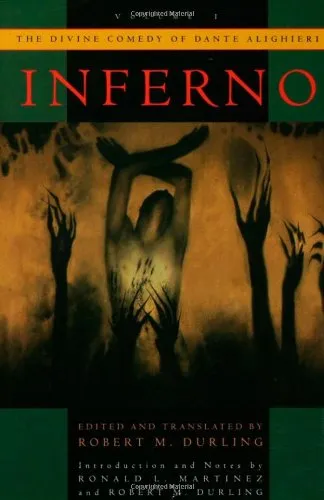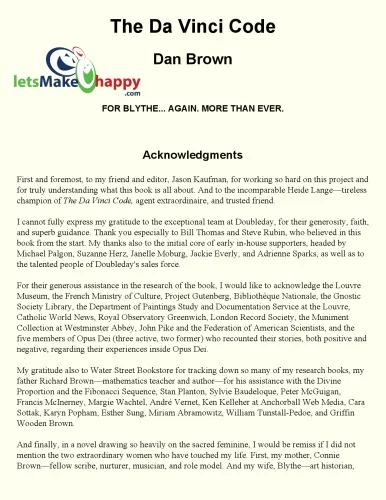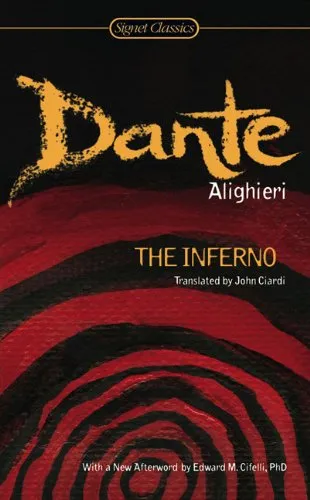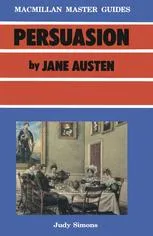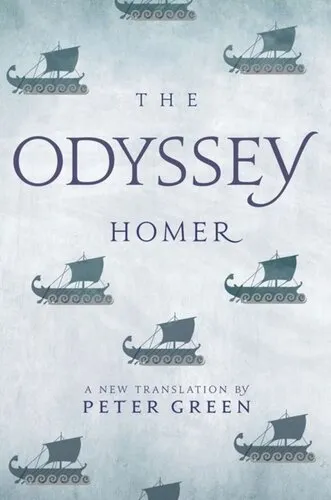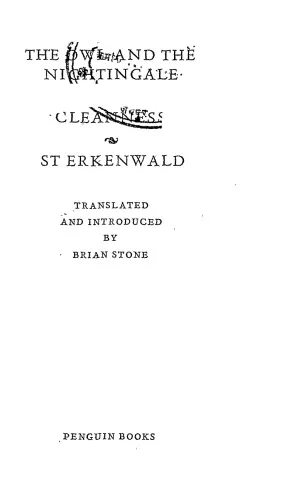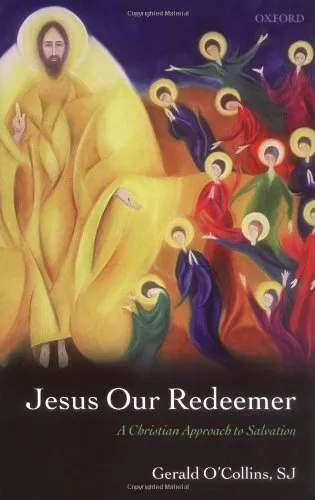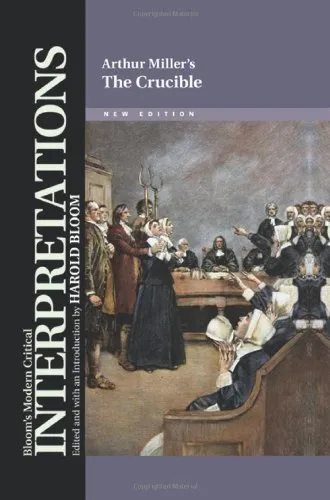The Divine Comedy of Dante Alighieri: Volume 1: Inferno (Divine Comedy of Dante Alighieri Reprint Series)
4.5
بر اساس نظر کاربران

شما میتونید سوالاتتون در باره کتاب رو از هوش مصنوعیش بعد از ورود بپرسید
هر دانلود یا پرسش از هوش مصنوعی 2 امتیاز لازم دارد، برای بدست آوردن امتیاز رایگان، به صفحه ی راهنمای امتیازات سر بزنید و یک سری کار ارزشمند انجام بدینکتاب های مرتبط:
مقدمهای بر کتاب 'The Divine Comedy of Dante Alighieri: Volume 1: Inferno'
'The Divine Comedy' اثر دانته آلیگیری، یکی از برجستهترین آثار ادبیات جهان است که به زبان ایتالیایی نوشته شده است. جلد اول این کتاب، 'Inferno'، سفر حماسی شاعر را از دوزخ آغاز میکند و با هدایت Virgil، به تصویر کشیده میشود. این جلد به زیبایی ساختار دوزخ را با جزییات شگفتانگیزی توصیف میکند.
خلاصهای از کتاب
داستان 'Inferno' از جایی آغاز میشود که دانته، خود را در یک جنگل تاریک پیدا میکند، نمادی از گمراهی در وسط زندگی. او سه جناح دست نیافتنی را مواجه میکند که نمادی از گناهان و موانع او هستند. مشخصاً، او به کمک Virgil، شاعر قدیمی و راهنمای خود، نیاز دارد تا از از میان دوزخ عبور کند.
'Inferno' به نه دایره تقسیم شده است که هر کدام نمایانگر نوع خاصی از گناه و مجازاتهای مربوط به آن است. از حاشیهکاران و مرتدین تا قاتلان و خیانتکاران، هر دایره نمادی از طبیعت تاریک و پیچیده انسان است، که در نهایت به عذاب اجتنابناپذیر و عدالت الهی میانجامد.
نکات کلیدی
- تصویرسازی برجسته از عدالت الهی و چرخههای جرم و مجازات.
- تحلیل عناصر مختلف جامعه و نپذیرفتن گناهان.
- تأکید بر نقش هدایتگر روحانی در راه نجات.
گزیدههای معروف از کتاب
“Lasciate ogne speranza, voi ch'intrate.”
“In medio stat virtus.”
چرا این کتاب اهمیت دارد؟
'Inferno' یکی از آثار محوری در ادبیات جهان است چرا که نه تنها نگاهی جامع به گناهان انسانی ارائه میکند بلکه به بررسی نجات و رستگاری نیز میپردازد. این کتاب به زبان ایتالیایی نوشته شده است و هنر استفاده از این زبان را به زیباترین شکل ممکن به نمایش میگذارد.
دانته در 'Inferno' قادر به ایجاد تصاویر قوی و تاثیرگذار از دوزخ است که هر نسلی را تحت تأثیر قرار داده است. نمایش عدالت الهی و اراده انسانی از نقاط برجسته این کتاب است و باعث شده است تا این اثر همچنان موضوع بحث و تحلیل باشد.
Introduction to 'The Divine Comedy of Dante Alighieri: Volume 1: Inferno'
Dante Alighieri's "The Divine Comedy" is one of the most significant literary works in history, encapsulating a profound journey through the realms of the afterlife. The first volume, "Inferno," invites readers into an exploration of hell in a complex allegorical journey marked by vivid imagery and timeless philosophical inquiries.
Detailed Summary
"Inferno" is the first part of "The Divine Comedy," set in a grand and vivid representation of hell. The narrative unfolds as Dante, both the poet and the protagonist, finds himself lost in a dark wood, symbolizing a state of spiritual confusion. Guided by the Roman poet Virgil, who represents human reason, Dante embarks on a journey through the nine circles of hell. Each circle is meticulously structured to reflect distinct punishments that correspond to various sins, illustrating the idea of divine justice: contrapasso, or the punishment reflecting the nature of the sin.
Throughout their descent, Dante and Virgil encounter an array of sinners enduring torments that serve both as punishment and cautionary tales. From the lustful swept in a whirlwind to the treacherous frozen in ice, each scenario delves deep into themes of moral justice, the nature of sin, and the consequences of human actions. By the end of "Inferno," Dante gains insight into the law of divine retribution and the necessity of spiritual enlightenment, setting the stage for his continued journey through Purgatory and Paradise.
Key Takeaways
Dante's "Inferno" offers readers myriad insights and reflections.
- Moral and Ethical Reflection: The journey through Hell prompts readers to consider their own moral compass and the potential implications of their actions.
- Allegorical Richness: The structure of the infernal journey serves both as an allegory for the human soul's path to redemption and a critique of contemporary medieval society.
- Poetic Innovation: Dante's use of terza rima and rich, multifaceted symbolism enriches the text, exemplifying masterful poetic composition.
- Understanding of Justice: The concept of contrapasso emphasizes fairness and justice as crucial themes within divine order.
Famous Quotes from the Book
Dante's "Inferno" is renowned for its powerful and enduring passages.
"Midway upon the journey of our life, I found myself within a forest dark, for the straightforward pathway had been lost."
"Abandon all hope, ye who enter here."
"In His will is our peace."
Why This Book Matters
"Inferno" remains a seminal work for many reasons, transcending its era to resonate with modern audiences. Its exploration of human nature, spirituality, and morality is timeless, reflecting universal themes that are as relevant today as they were in Dante's time. The text's structured descent into hell serves as a metaphor for personal introspection and the quest for understanding one's place in the cosmos.
The timelessness of Dante's "Inferno" lies in its ability to challenge readers to reflect on their actions, their ethics, and how they navigate the complexities of human existence. Furthermore, the text's influence on literature, art, and theology persists as it continues to inspire adaptations, interpretations, and scholarly discourse.
دانلود رایگان مستقیم
شما میتونید سوالاتتون در باره کتاب رو از هوش مصنوعیش بعد از ورود بپرسید
دسترسی به کتابها از طریق پلتفرمهای قانونی و کتابخانههای عمومی نه تنها از حقوق نویسندگان و ناشران حمایت میکند، بلکه به پایداری فرهنگ کتابخوانی نیز کمک میرساند. پیش از دانلود، لحظهای به بررسی این گزینهها فکر کنید.
این کتاب رو در پلتفرم های دیگه ببینید
WorldCat به شما کمک میکنه تا کتاب ها رو در کتابخانه های سراسر دنیا پیدا کنید
امتیازها، نظرات تخصصی و صحبت ها درباره کتاب را در Goodreads ببینید
کتابهای کمیاب یا دست دوم را در AbeBooks پیدا کنید و بخرید
1386
بازدید4.5
امتیاز0
نظر98%
رضایتنظرات:
4.5
بر اساس 0 نظر کاربران
Questions & Answers
Ask questions about this book or help others by answering
No questions yet. Be the first to ask!
